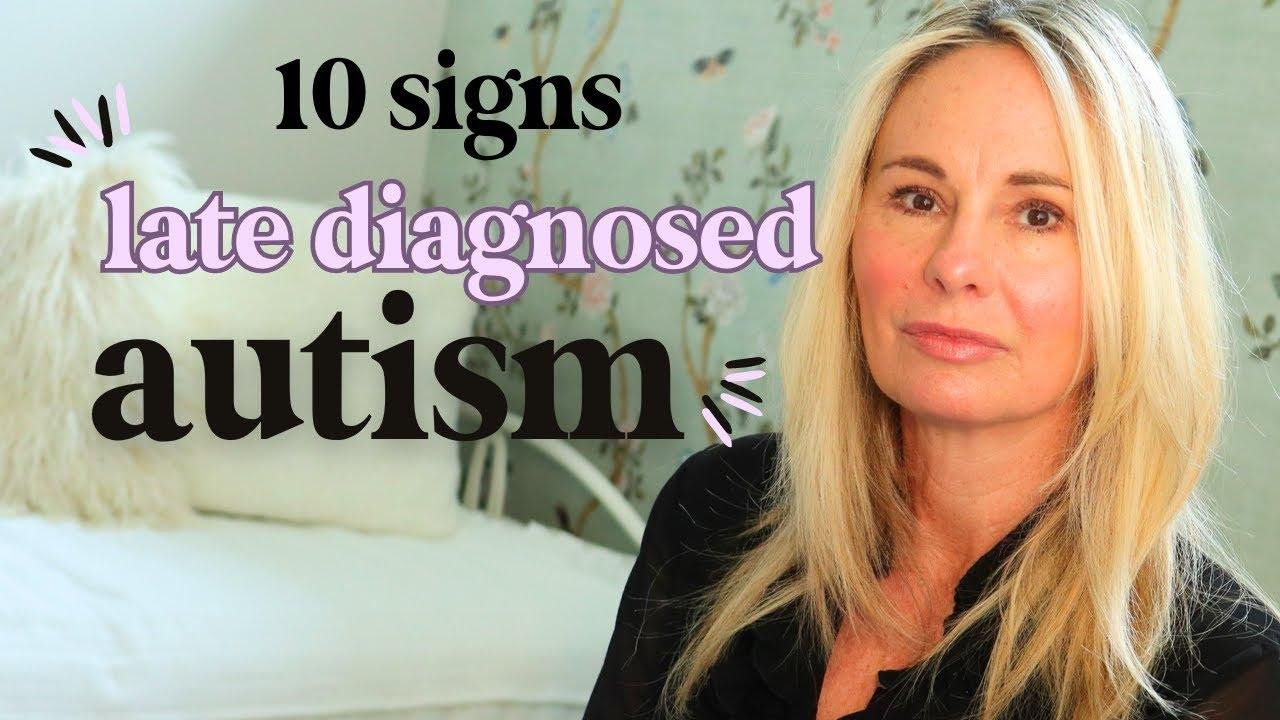10 Real-Life Stories from Adults Diagnosed with Autism Later in Life
Navigating adulthood as a late-diagnosed autistic feels like unearthing a treasure map written in invisible ink. 🌟 Suddenly, all those quirks you thought made you an oddball? They’re actually clues to the magnificently complex labyrinth that is your brain! 🧠🗺️
An Overview of Autistic Experience Among Adults Diagnosed Later in Life 🌟
The content revolves around the complex world of adults who receive a diagnosis of autism later in life. It explores the deep-seated issues related to misdiagnosis, accompanying mental health conditions, societal challenges, and personal coping mechanisms that form their daily reality.
Recognizing the Spectrum
Autistic adults who are diagnosed late often deal with a range of intersecting and overlaying mental health issues, such as ADHD, which complicates their capacity to adapt to social norms.
Understanding the Key Components of Experience
These individuals navigate life through heightened vigilance and sensitivity, which significantly shapes their interaction with the world around them.
The Impact of Sensory Sensitivities and Repetitive Behaviors 🧠
The experience includes notable sensory sensitivities that can disrupt day-to-day functioning, alongside the reliance on repetitive behaviors which provide comfort.
The Role of Sensory Challenges
As individuals navigate their daily lives, they encounter various sensory stimuli that may be overwhelming due to their heightened senses. This can include audio, visual, or tactile triggers.
The Comfort Found in Repetition
Repetitive behaviors, whether they are physical actions or mental routines, serve as a coping mechanism to manage the overwhelming nature of their sensory environment.
Social Interaction and Its Complexities for Autistic Adults 🗣️
Social dynamics pose a significant challenge, often characterized by a sense of misalignment with societal expectations and personal discomfort.
Experiencing Social Overwhelm
The constant analysis and adaptation required in social settings can drain cognitive resources, leading to a significant strain in social interactions.
The Pattern of Friendships and Relationships
Maintaining relationships poses difficulties, as these individuals might often feel out of sync with their peers, leading to repeated breakups and intense social anxiety.
The Role of Mental Health in Autistic Adult Lives 😔
Mental health issues frequently intersect with autism, creating a complex overlay that affects emotional and psychological well-being.
Identifying Dual Diagnoses
Many autistic individuals may also contend with mental health disorders such as OCD, depression, or anxiety, which complicate their overall health landscape.
Coping Mechanisms and their Double-Edged Sword
While certain behaviors and mental routines provide short-term relief, they might also perpetuate cycles of anxiety and stress.
The Invisible Burden of Camouflaging and High Functioning Autism 🎭
Camouflaging refers to the exhaustive effort put into appearing "normal" to conform with societal norms, often going unrecognized but taking a significant toll.
The Cost of Passing as Neurotypical
The energy and mental capacity required to constantly adapt one’s behavior to fit in can lead to burnout and mental exhaustion.
The Overlooked Challenges of High Functioning Autism
Individuals who are often perceived as high functioning face unique challenges as their struggles are frequently misunderstood or dismissed by society.
##Key Takeaways: Late-Diagnosed Autistic Adults Experiences
| Key Issue | Description |
|---|---|
| Sensory Sensitivities | Difficulties with everyday sensory inputs. |
| Social Interaction | Challenges with communication and maintaining relationships. |
| Mental Health | High prevalence of co-occurring mental health conditions. |
| Camouflaging | The effort to appear neurotypical has significant costs. |
Rethinking Support Systems and Access to Resources 📚
Lack of support for late-diagnosed autistic adults often leaves them navigating a complex healthcare and social landscape with insufficient guidance.
The Gap in Resources
There is a significant lack of tailored resources to address the specific needs of late-diagnosed autistic adults, which complicates their ability to receive appropriate support.
Advocating for Better Inclusive Practices
Highlighting the need for healthcare and psychological services to adapt more inclusive practices that recognize the late autism diagnosis and offer relevant interventions.
Conclusion: Embracing a Comprehensive Understanding of Autism in Adults 🤗
In conclusion, recognizing and addressing the broad spectrum of experiences faced by late-diagnosed autistic adults is crucial. As awareness grows, so too should the support networks and resources tailored to meet their diverse needs.
The Importance of Inclusive Research and Discussions
Ongoing research and dialogue about adult autism are vital to developing effective support frameworks that embrace the complexities of the condition.
Creating Empowering Communities
Building communities that understand and integrate the unique perspectives of autistic adults will help dismantle barriers and foster a more inclusive society.
##FAQs: Autistic Adults Experiences
-
What are common challenges faced by late-diagnosed autistic adults?
- Sensory sensitivities, social interaction difficulties, and co-occurring mental health conditions.
-
How can society better support late-diagnosed autistic adults?
- By providing specific resources, advocating for inclusive practices, and fostering supportive communities.
-
What role does camouflaging play in the lives of autistic adults?
- It involves significant mental effort to appear neurotypical, often leading to burnout and mental exhaustion.
Remember: Every individual experience is unique, and the understanding of autism needs to remain fluid and adaptable to cater to the broad spectrum of needs and challenges.







